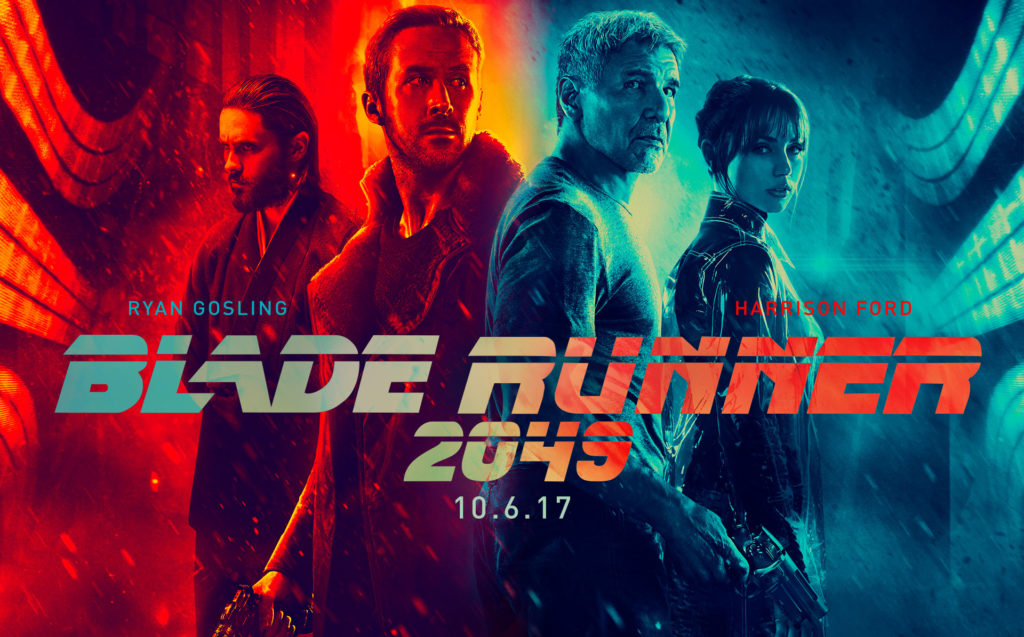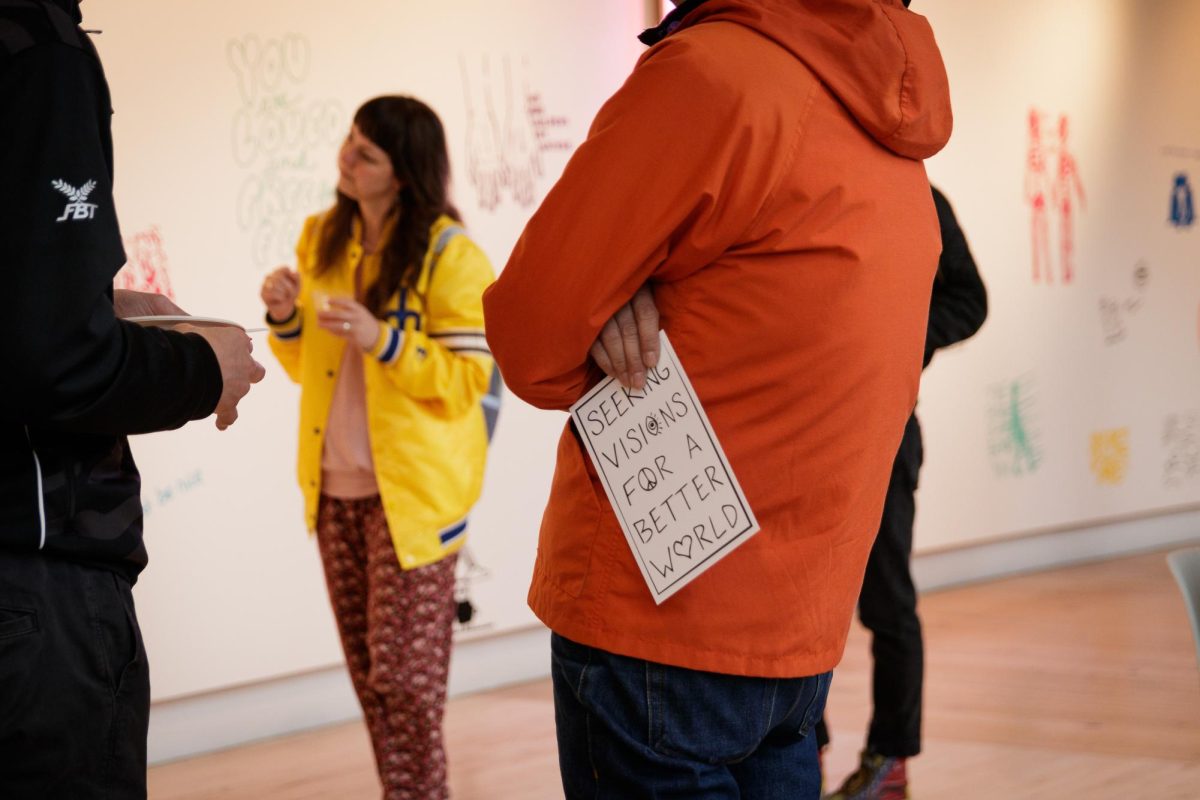In the almost three hour long sci-fi, thriller sequel “Blade Runner 2049,” director Denis Villeneuve teams up with cinematographer Roger Deakins to pay tribute to Ridley Scott’s original film “Blade Runner” released in 1982. The highly-acclaimed franchise failed to live up to its legacy, but “Blade Runner 2049” is still better than its original counterpart.
The original “Blade Runner” was set in the year 2019, focusing on blade runner, Rick Deckard, played by Harrison Ford. “Blade runners” are people trained to kill “rebel replicants”, which are bioengineered beings created to look like and serve humans. They are tasked to create a sense of peace in an otherwise somber, futuristic dystopian society. Deckard is assigned to kill four replicants, but finds himself questioning his own humanity through the two-hour manhunt.
In the new film, “Blade Runner 2049”, the Blade Runner franchise revives the theme of self-discovery amidst intense societal restrictions through the lens of a new replicant blade runner. This replicant blade runner, “K,” played by Ryan Gosling, encounters a daunting secret that could compromise the stability of the world.
The film incorporates a few cameo appearances of actors from the original “Blade Runner,” including Rick Deckard and Edward James Olmos.
Villeneuve maintained the integrity of Scott’s original film by staying true to the monochromatic color palette for the abandoned landscapes, and the bright busy neon color scheme for the city. However, Villeneuve elevated the new film by introducing yellow to the monochromatic color palette.
This yellow becomes most apparent when K travels to a deserted radioactive wasteland. The film confronts the audience with several minutes straight of golden yellow, which radiates an uncomfortable warmth and creates the illusion of dry, hot air that is so palpable that it feels suffocating.
The sequel expanded on the inhumane treatment the rebel replicants face by drawing parallels between replicants and slaves, even incorporating a scene that depicted child slavery. The scene is emotional, showing child laborers constructing parts of machinery for the developed and highly populated parts of the world. Villeneuve seems to want the audience to question their own humanity.
Though the film carries an important message, it can get lost in the cheesiness of the scenes. Gosling’s lines felt corny and offbeat, and between his heavy breathing and the dramatic music, I felt inclined to burst out laughing during parts of the film that were supposed to be intense moments of enlightenment.
Villeneuve’s frequent choice to incorporate female nudity into his scenes felt out of place. The amount of nudity was unnecessary, and did not seem to boost the plot or audience understanding of the characters.
In the most disturbing scene, the CEO of a technology company, played by Jared Leto, creates a female rebel replicant. The replicant is spat out into the world through a slime-filled plastic bag. She is naked, vulnerable and traumatized. In the frames to come, Wallace runs his hands over his naked creation, and just as suddenly as her life began, it ends. She is graphically stabbed in the stomach and dies.
The female characters were portrayed as weak and defenseless in comparison to all the male characters who were consistently clothed through the duration of the film. Female nudity seemed like an unnecessary reason to secure the film R-rating.
The work that Villeneuve put into saving the cinematic integrity of the original film was ultimately squandered by the gratuitous amount of nudity and sub-par acting. While it will elicit feelings of the movie you once knew, “Blade Runner 2049” felt underwhelming in the face of its hype.
Hunter may be reached at
[email protected]







![Civil War is A24’s Political Blockbuster that Exceeds Expectations [REVIEW]](https://seattlespectator.com/wp-content/uploads/2024/04/CivilWarReviewWeb-1-1200x791.jpg)



![Jordan Ward [REVIEW]](https://seattlespectator.com/wp-content/uploads/2024/04/ward_1-1200x800.jpg)